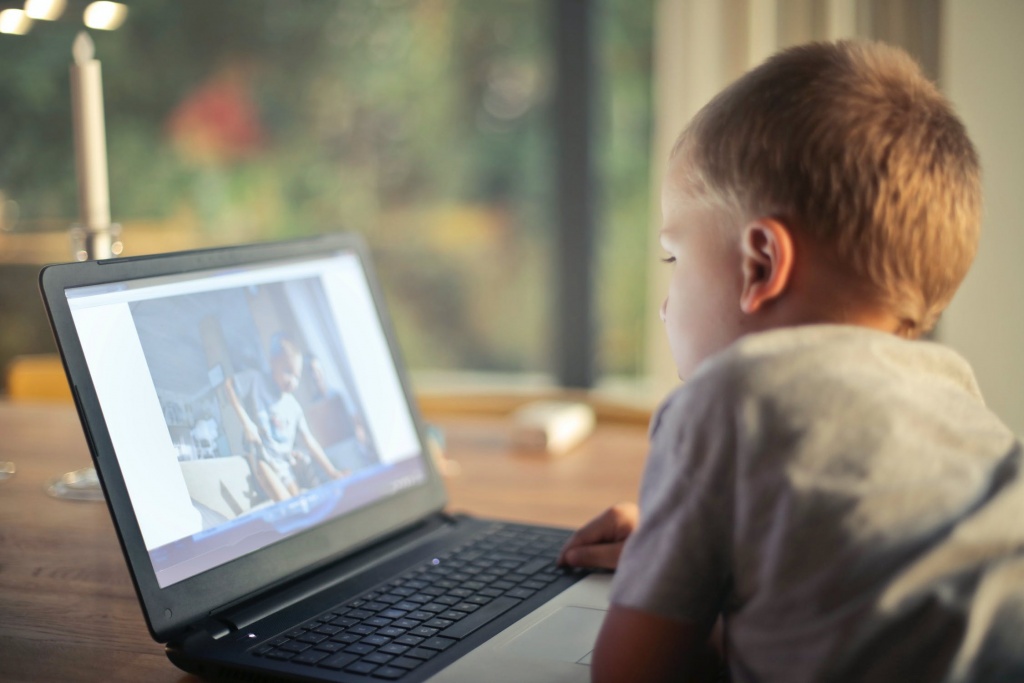|
It should come as no surprise that our children are spending a lot more time online. Whether it is school work, chats with friends and grandparents, or music lessons —a lot has shifted online. It is important that children and teenagers stay connected and have a sense of normalcy however this also presents a new set of challenges for every parent. How can you maximize all that the internet has to offer, while reducing the potential harm it can cause? Maintaining this balance is a challenge in a normal day, let alone in these trying times UNICEF has shared 5 ways you can help keep your children safe online
Have an honest dialogue with your children about who they communicate with and how. Make sure they understand that mean, discriminatory or inappropriate contact is never acceptable. If your children experience any of these, encourage them to tell you or a trusted adult immediately. Be alert if your child appears to be upset or secretive with online activities or if they are experiencing cyberbullying. Work with your child to establish rules on how, when and where devices can be used. 2. Use technology to protect them Check that your child’s device is running the latest software and antivirus programs, and that privacy settings are on. Keep webcams covered when not in use. For younger children, tools such as parental controls, including safe search, can help keep online experiences positive. Be cautious of free online educational resources. Your child should never have to provide a photo or their full name to use these resources. Remember to check the privacy settings to minimize data collection. Help your child learn to keep personal information private, especially from strangers. 3. Spend time with them online Create opportunities for your child to have safe and positive online interactions with friends, family and you. Connecting with others is more important than ever at the moment and this can be an excellent opportunity for you to model kindness and empathy in your “virtual interactions”. Help your child recognize and avoid misinformation and age-inappropriate content that may increase anxiety about the COVID-19 virus. Many digital resources from credible organizations like UNICEF and the World Health Organization are available for you and your child to learn about the virus together. Spend time with your child to identify age appropriate apps, games and other online entertainment. 4. Encourage healthy online habits Promote and monitor good behavior online and on video calls. Encourage your children to be kind and respectful to classmates, to be mindful of what clothes they wear and to avoid joining video calls from a bedroom. Familiarize yourself with school policies and helplines to report cyberbullying or inappropriate online content. As children spend more time online, they can be exposed to more advertising that may promote unhealthy foods, gender stereotypes or age-inappropriate material. Help them recognize online ads and use the opportunity to explore together what is wrong with some of the negative messaging you see. 5. Let them have fun and express themselves Spending time at home can be a great opportunity for your children to use their voices online to share their views and support those in need during this crisis. Encourage your child to take advantage of digital tools that get them up and moving, like online exercise videos for kids and video games that require physical movement. Take a deep breath. Know that we are all in this together. And together we will get through it. |
